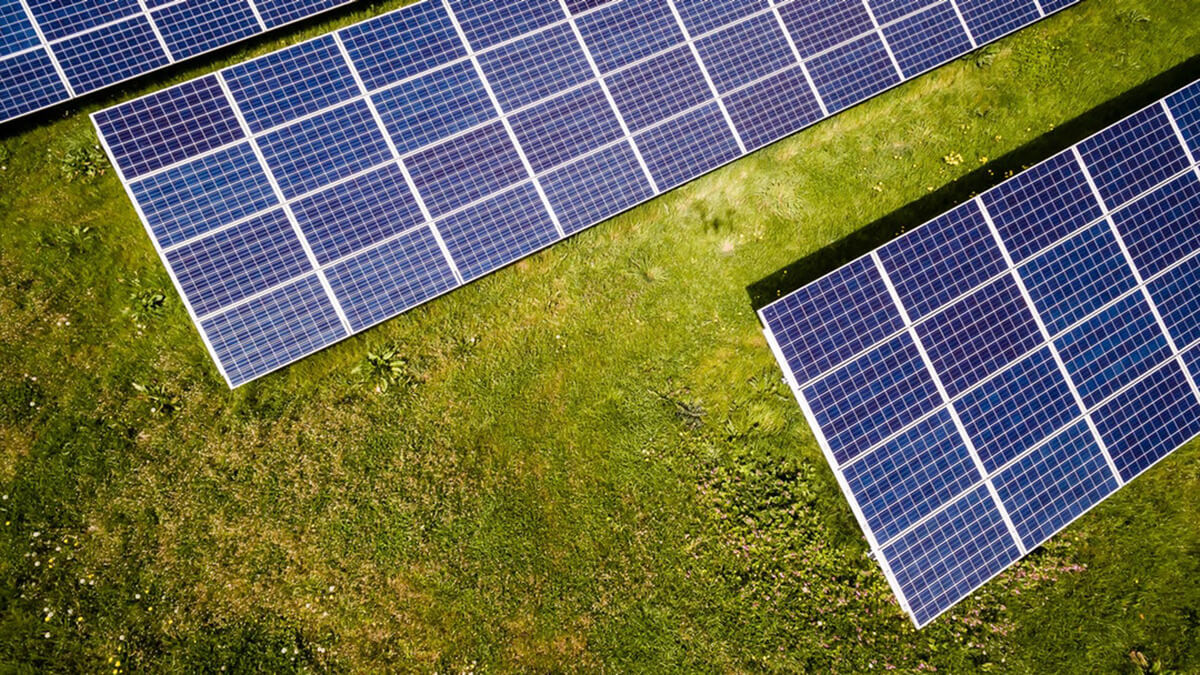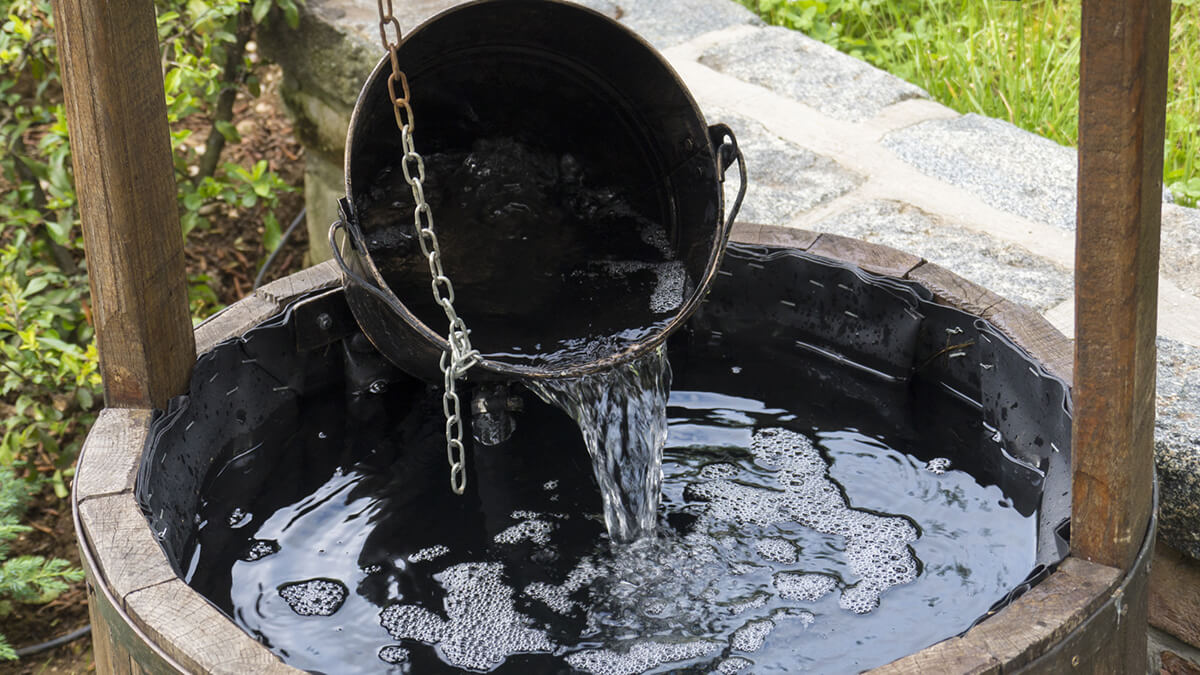Solar panels are a hot topic for homeowners, and it’s easy to see why. They promise reduced energy bills, a smaller carbon footprint, and potentially an increase in property value. But how much value can solar really add to your home?
One big reason solar is attractive is the savings. Installing panels can cut down energy bills significantly, especially in sunny areas. Homeowners often see real savings over the years, as their monthly electricity bills drop or even disappear. And while the cost of solar installation can be high upfront, those who stay in their homes long-term often find the investment worthwhile.
On top of these energy and cost benefits, adding solar can make your home more appealing to buyers. When it’s time to sell, iBuyer.com can help you get the best offer for a solar-equipped home. Selling a home with energy-efficient upgrades through iBuyer.com means skipping the traditional market’s uncertainties and selling faster.
Compare Cash Offers from Top Home Buyers. Delivered by Your Local iBuyer Certified Specialist.
One Expert, Multiple Offers, No Obligation.
Solar Panels and Home Value
Why Solar Panels Increase Home Value
Adding solar panels doesn’t just help the planet—it also boosts your home’s value. Studies show that homes with solar panels can sell for an average of 4% more than homes without. Buyers are increasingly drawn to properties with solar because they know they’ll save on energy costs and enjoy greater energy independence from the start.
How Solar Panels Add Value
- Increased Market Appeal:
A home with solar panels often attracts higher offers, especially in areas with high utility costs. Potential buyers see immediate value in saving on electricity, making your property more appealing and competitive. - Reduced Utility Bills:
Solar panels typically cut electricity bills by 50% or more, depending on the system size and local sunlight. Some homeowners even reach “net zero,” meaning they produce as much energy as they use, eliminating their electricity bill entirely. - Energy Independence:
With solar panels, buyers can depend less on the local grid, which is especially appealing in regions with frequent power outages or rising electricity rates.
Investing in solar can create long-term value, boosting both your home’s equity and its market appeal. The next time energy prices spike, you’ll already be saving, and your home could sell faster than a similar property without solar.
Factors That Influence How Much Value Solar Adds
While solar panels can increase home value, several factors determine just how much. From local electricity rates to the type of solar setup, here’s what homeowners should consider.
1. Regional Electricity Rates
In regions with high electricity rates, solar panels are especially valuable. Homes in states like California, Hawaii, or Massachusetts, where electricity is costly, see a larger boost in value because buyers know they’ll save more on energy bills. In contrast, areas with lower energy costs may see a smaller increase in home value from solar installations.
2. Solar System Ownership vs. Leasing
Ownership plays a big role in maximizing the value of a solar system. If you own your panels outright, they add clear value to your home. However, leased panels or Power Purchase Agreements (PPAs) can complicate the selling process. Buyers may be hesitant to take on a lease, as it means monthly payments and possibly a credit check. For the best return on investment, it’s generally recommended to purchase panels rather than lease them.
3. Condition and Age of the Solar System
The newer and better-maintained a solar system is, the more it contributes to home value. A high-efficiency, well-cared-for system can appeal to buyers who appreciate the reliability and longevity of newer technology. In contrast, older systems might require upgrades or replacements soon, which could lower their impact on property value.
Financial Incentives for Solar Panel Installation
Solar panels come with a range of financial incentives that can make the investment more attractive. From federal tax credits to local rebates, these programs not only reduce upfront costs but also increase the long-term value of your solar system.
1. Federal and State Tax Incentives
One of the biggest incentives for installing solar panels is the federal tax credit, also known as the Investment Tax Credit (ITC). This credit covers 30% of the installation costs, allowing homeowners to claim a substantial amount on their taxes. Many states also offer additional rebates or credits, further lowering the out-of-pocket expense. Together, these tax incentives can make solar more affordable, adding to the overall financial appeal of a solar-powered home.
2. Net Metering and Energy Credits
Net metering is a program that lets homeowners earn credits for any extra energy their solar panels produce. If your system generates more electricity than you use, that surplus goes back to the grid, and you receive credits on your utility bill. Over time, these credits can add up, especially in sunnier months, helping offset the cost of energy during less sunny periods. For buyers, the availability of net metering can make a solar-equipped home even more appealing.
These financial incentives not only reduce installation costs but also increase the long-term returns, which is an attractive feature for potential buyers interested in reducing their carbon footprint and energy expenses.
Solar Panels vs. Other Home Improvements
When deciding how to invest in home improvements, it’s helpful to compare the return on investment (ROI) of solar panels with other common upgrades. Solar stands out for its long-term benefits, especially in terms of energy savings and property value.
Comparing Solar to Kitchen or Bathroom Renovations
While kitchen and bathroom remodels often provide an ROI of around 50-60%, solar panels can add value in a different way. By reducing utility costs, solar saves money year after year, making it a unique investment. On average, installing solar panels can increase a home’s resale value by around 4%—a boost that not all renovations can promise.
Long-Term vs. Short-Term Value
One key advantage of solar is that it’s a low-risk, long-term investment. With an average lifespan of 25-30 years, solar panels continue to save on energy bills and provide environmental benefits long after installation. While certain home upgrades may quickly go out of style or require regular updates, solar panels remain relevant and valuable over time, especially as energy costs rise.
Investing in solar is not just about immediate resale value; it’s about creating sustained savings and appeal. For buyers who prioritize sustainability and cost efficiency, a home with solar panels is an investment that aligns with both current needs and future priorities.
Reilly’s Two Cents
As a real estate expert who’s seen many homes with solar systems, I’ve learned some key lessons about how to maximize their value. Here are my top tips for homeowners considering solar and looking to boost their home’s appeal.
Key Advice:
Assess Your Regional Market
Solar value varies by location. Areas with high energy costs or sunny climates often see the biggest returns. Before investing, research local energy rates and solar market trends to see if solar is likely to add value in your area.
Choose Ownership Over Leasing
If possible, purchase your solar system rather than leasing. Owned systems add clear value to your home, whereas leased systems may complicate a sale. Buyers often prefer homes with outright-owned panels, as it means lower costs for them and fewer potential transfer issues.
Maintain Panel Condition
Like any other home system, solar panels require regular maintenance. Simple steps like cleaning panels and checking for wear and tear can keep them running efficiently. A well-maintained system is more attractive to buyers and maximizes the value added to your home.
Utilize Available Incentives
Don’t miss out on tax credits, rebates, and net metering programs. These incentives not only make the initial investment more affordable but also add to your overall ROI. Make sure you’re aware of federal, state, and local incentives before installing solar.
These insights can help homeowners make informed choices about solar, ensuring they get the most value from their system when it’s time to sell.
Conclusion
In the end, solar panels can be a smart investment for homeowners looking to save on energy costs and increase their property’s value. By reducing utility bills and appealing to eco-conscious buyers, a solar installation can give your home a unique edge in the market. And with federal and state incentives, the upfront cost becomes more manageable, adding even more value in the long run.
If you’re considering solar, remember that owning the system, maintaining it well, and taking advantage of available incentives are all key factors to maximizing its worth. These steps not only make your home more attractive to buyers but also ensure you get the best return on your investment.
And when the time comes to sell, iBuyer.com can help you streamline the process. With iBuyer, you can sell your solar-equipped home fast and efficiently, allowing you to fully capitalize on your property’s solar benefits without the wait or uncertainty of the traditional market.
Instant Valuation, Confidential Deals with a Certified iBuyer.com Specialist.
Sell Smart, Sell Fast, Get Sold. No Obligations.
FAQ
Solar panels can boost your home’s value by an average of 4%, depending on factors like location, system size, and ownership. In areas with high electricity rates, the increase might be even more significant as buyers value the savings on energy costs.
Leased solar panels can still provide energy savings, but they don’t add as much resale value as owned panels. Buyers may be wary of taking over a lease, which involves monthly payments and a credit check. For maximum resale value, owning your solar system is usually the better option.
Key factors include regional electricity rates, whether the system is owned or leased, and the age and condition of the solar panels. In regions with high energy costs, for example, solar systems tend to add more value due to the greater potential savings on electricity bills.
In many areas, there are exemptions for solar systems, meaning they won’t increase your property taxes. However, this can vary by location, so it’s a good idea to check your local tax policies to understand any potential impact.
Most solar systems pay for themselves in 6-10 years through energy savings, depending on the size of the system, local utility rates, and available incentives. After this period, homeowners benefit from essentially “free” electricity, making solar a long-term investment with ongoing returns.
Reilly Dzurick is a seasoned real estate agent at Get Land Florida, bringing over six years of industry experience to the vibrant Vero Beach market. She is known for her deep understanding of local real estate trends and her dedication to helping clients find their dream properties. Reilly’s journey in real estate is complemented by her academic background in Public Relations, Advertising, and Applied Communication from the University of North Florida. This unique combination of skills has enabled her to seamlessly blend traditional real estate practices with cutting-edge marketing strategies, ensuring her clients’ properties gain maximum visibility and sell quickly.
Reilly’s career began with a strong foundation in social media marketing and brand communications. These skills have proven invaluable in her real estate practice, allowing her to offer innovative marketing solutions that set her apart in the industry. Her exceptional ability to understand and meet clients’ needs has earned her a reputation for providing a smooth and satisfying transaction process. Reilly’s commitment to client satisfaction and her innovative approach have garnered her a loyal client base and numerous referrals, underscoring her success and dedication in the field.
Beyond her professional achievements, Reilly is passionate about the Vero Beach community. She enjoys helping newcomers discover the charm of this beautiful area and find their perfect home.
Outside of work, she loves exploring Florida’s stunning landscapes and spending quality time with her family. Reilly Dzurick’s combination of expertise, marketing savvy, and personal touch makes her a standout real estate agent in Vero Beach, Florida.




